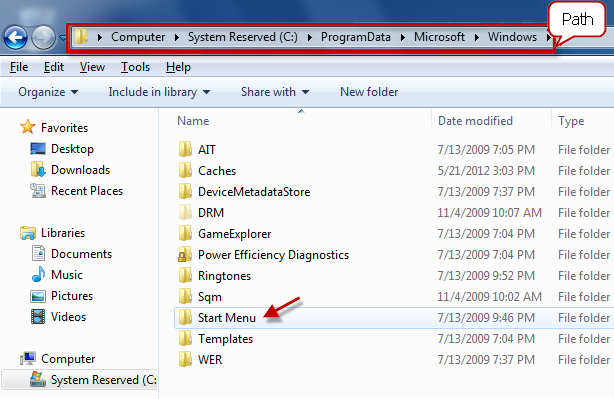
- #Programs that install virus programs upgrade#
- #Programs that install virus programs software#
- #Programs that install virus programs trial#
- #Programs that install virus programs Pc#
Supplementing that with an on-demand scanner is fine. So to be clear, YES, I recommend just one REAL-TIME security tool. See Extra Security: Offline Malware Scanners for more info on offline security tools. While the offline scanner is running, both Windows and your primary anti-virus program are inactive.

Offline anti-virus tools run from a bootable CD or flash drive, and will do a deep scan of your computer. On demand scanners are designed to co-exist with your real-time anti-virus software, and can sometimes catch things that have slipped through your first line of defense. One of the most popular is MalwareBytes Free. On-demand virus scanners are only active when you specifically launch them, to perform a one-time scan of your hard drive for malware. Examples are Norton, McAfee, Avast, BitDefender, Kaspersky and many others.
#Programs that install virus programs software#
Your real-time anti-virus software is constantly scanning everything that enters your computer, as well as every program that runs. The real-time variety we've been discussing so far protects against viruses and other threats as they arise. There are three types of anti-virus protection: real-time, on-demand and offline. That said, let me introduce just a bit of tech talk, and explain the exceptions to my single anti-virus rule.
#Programs that install virus programs Pc#
You can read my review and recommendation in Review: PC Matic Gets a Zero! Exceptions to the Rule

#Programs that install virus programs upgrade#
That can mean compromising your privacy, or dealing with endless nagging to upgrade to a paid subscription that includes all the features you need to be truly safe online.Īfter years of using Avast Antivirus, I switched to PC Matic, which uses a unique combination of protection strategies that I think are superior.

But free software can come with strings and conditions. There are some good free options, as I mentioned above. My advice is to pick ONE antivirus tool and stick with it, at least until you decide to replace it with another. I refer to this as the "antivirus death spiral" wherein each contender is thinking that the other is trying to do something bad, and unsuccessfully try to prevent it. You could watch paint dry between keystrokes, and the process of uninstalling them took hours. The result was a computer that slowed to a crawl. I actually tested this scenario, installing the free versions of Avast, Avira, and Bitdefender anti-virus on my computer all at once. You may see slowdowns, lockups or experience random restarts. One might even think the other *is* a virus, and attempt to quarantine it. sometimes antivirus programs can fight with each other, since they both want to be the final arbiter of good and evil on your computer. So it makes sense that having more than one antivirus scanner will slow down your computer.īut there's another potential problem. Antivirus programs consume memory and processing power, as they scan the streams of data, emails, web pages and downloads that attempt to enter your computer. In most cases, having more than one antivirus program running on your computer is bad news. Some users also think they'll be more secure if they install a second antivirus program. There are some excellent free and paid options, but a common mistake is to install a new one without removing the old one. That's when some users start looking for an antivirus alternative.
#Programs that install virus programs trial#
When that free trial is about to expire, the program starts to nag you about upgrading to a paid version, which can be expensive. Often when you buy a new computer, it comes with a trial version of Norton, McAfee or some other commercial antivirus software. Is It Okay to Have Multiple Antivirus Programs?


 0 kommentar(er)
0 kommentar(er)
